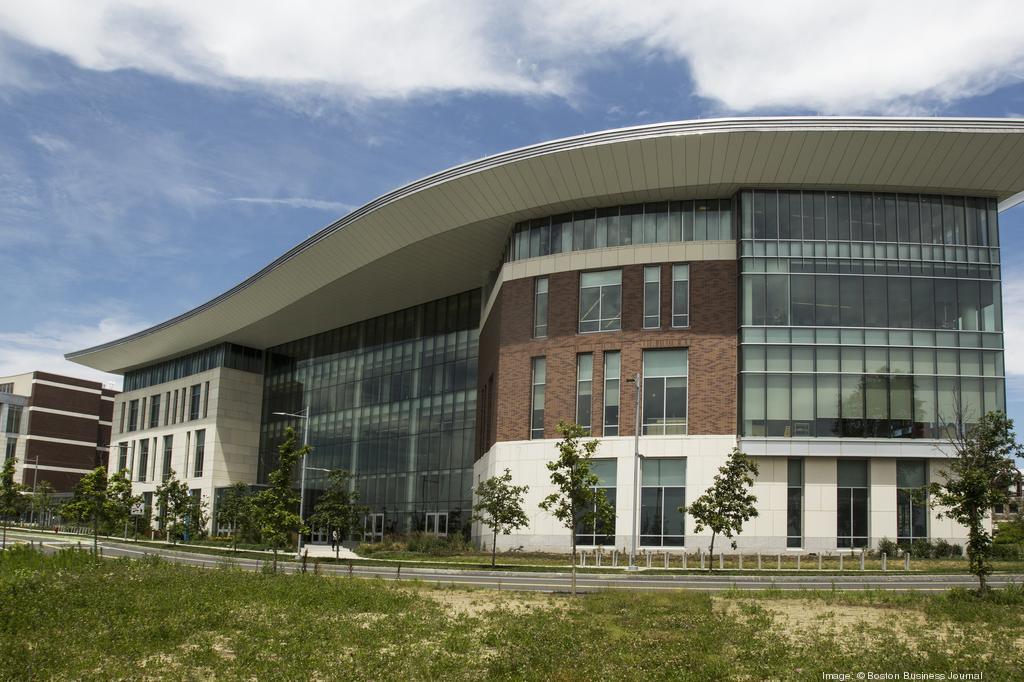Exploring UMass Boston: Education and Opportunities

Introduction
UMass Boston, formally known as the University of Massachusetts Boston, is a prominent public research university located in the heart of Boston, Massachusetts. Established in 1964, it has become vital to the state’s educational landscape, offering a wide range of undergraduate and graduate programs. With its commitment to diversity, innovation, and community engagement, UMass Boston stands out as an institution that prepares students for the demands of an increasingly complex world.
Academic Programs and Research
UMass Boston offers over 150 academic programs across various fields, including liberal arts, sciences, business, education, and health sciences. Its diverse curriculum attracts students from various backgrounds, fostering a rich cultural tapestry on campus. The university is particularly noted for its strong programs in environmental sciences, urban planning, and public policy.
Research at UMass Boston is robust, with faculty members engaged in cutting-edge projects. The university is classified as a ‘Research University’ by the Carnegie Foundation, highlighting its dedication to advancing knowledge and innovation. Noteworthy research centres, such as the Institute for Community Inclusion and the Center for Reproductive Health, contribute to addressing societal challenges.
Community and Campus Life
Campus life at UMass Boston is vibrant and inclusive, with numerous student organisations and activities fostering a sense of belonging. The university’s commitment to community engagement is evident through its service-learning initiatives and partnerships with local organisations, allowing students to apply their learning in real-world contexts.
The campus itself, located on the waterfront, provides stunning views of the Boston skyline and promotes an inviting environment for both study and recreation. Students have access to state-of-the-art facilities, including a modern library, fitness centre, and various dining options.
Recent Developments
In recent years, UMass Boston has focused on expanding its infrastructure and enhancing its educational offerings. The completion of the Integrated Sciences Complex has bolstered the university’s reputation in the sciences, providing advanced laboratories and research space. Furthermore, the introduction of new online programs has made higher education accessible to a broader audience, particularly those seeking flexible learning options.
Conclusion
UMass Boston continues to thrive as a dynamic public university that prioritises student success and community involvement. With its diverse academic programs, vibrant campus life, and commitment to research, UMass Boston is well-positioned to face future challenges in higher education. As it progresses into the future, the university is likely to expand its influence both regionally and nationally, further solidifying its status as a vital educational institution.
